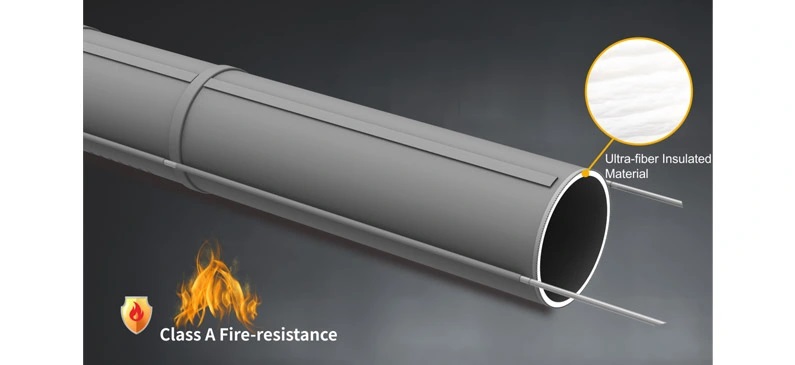.jpg) DURKEE at AHR Expo 2026 – Non-Rigid Air Duct & Thermal Insulation Solutions
DURKEE at AHR Expo 2026 – Non-Rigid Air Duct & Thermal Insulation Solutions
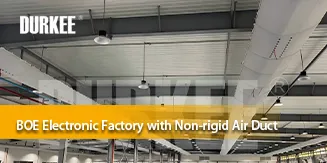 BOE Vietnam Factory: Non-rigid Air Duct Solutions for Electronic Industry
BOE Vietnam Factory: Non-rigid Air Duct Solutions for Electronic Industry
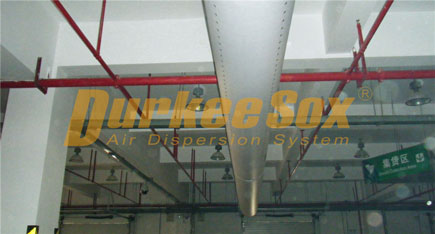 Why Fabric Air Ducts Are the Preferred Choice for Ventilation in Large Spaces
Why Fabric Air Ducts Are the Preferred Choice for Ventilation in Large Spaces
Air distribution is one of the most critical aspects of any HVAC system. For decades, Rigid Ductwork has been the dominant solution, used across industries for moving conditioned air through buildings. While this system has provided reliable service, the increasing demand for energy efficiency, flexible installation, and sustainable building practices has brought new alternatives to the forefront. Among them, the Non-rigid air duct, often known as fabric ducting, has gained popularity for its adaptability, performance, and eco-friendly advantages. As one of the world's leading fabric duct manufacturers, Durkee® has been at the center of this transition, offering clients a new way to think about air distribution that goes beyond the limitations of traditional rigid systems.
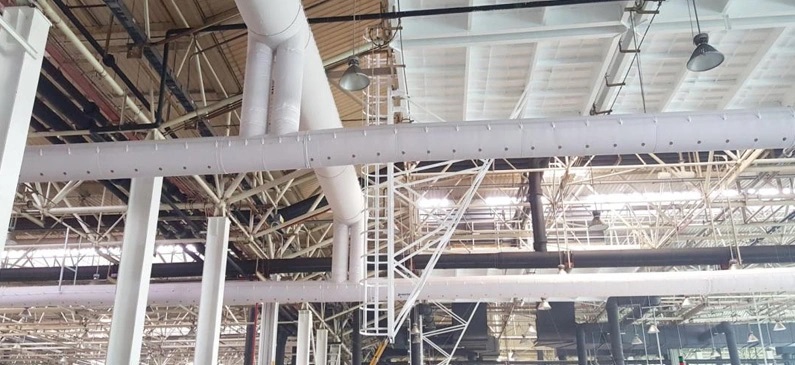
Durkee® has spent more than 25 years specializing in thermal insulation, customized air ducting, and HVAC system integration. With two advanced manufacturing centers in China, sales and service offices in Asia and America, and a broad global distribution network, Durkee® has become a recognized leader in the HVAC industry. Its brand Durkduct® focuses on textile ventilation, delivering Non-rigid air duct solutions that meet international certifications such as ISO9001, ISO14001, UL, and EN standards. By combining technological expertise with sustainable practices, Durkee® has established itself not only as a fabric duct manufacturer but also as an innovator that helps redefine how air distribution is designed and implemented worldwide.
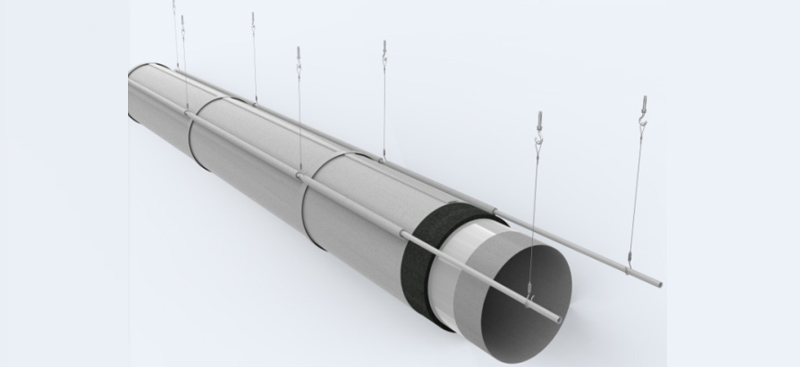
Non-rigid air ducts bring a new level of performance and flexibility to air distribution systems. Unlike Rigid Ductwork, which is heavy and complex to install, fabric ducts are lightweight and customizable to different layouts. They allow air to be distributed evenly across large areas, reducing the risk of temperature imbalances and ensuring indoor comfort. They are also designed to minimize leakage, improving energy efficiency and lowering operating costs. Additionally, non-rigid ducts can be removed, washed, and reinstalled, which makes maintenance simpler compared to rigid alternatives. Durkee®’s fabric ducts combine advanced materials with superior manufacturing processes, ensuring that every installation not only enhances airflow but also aligns with green building principles.
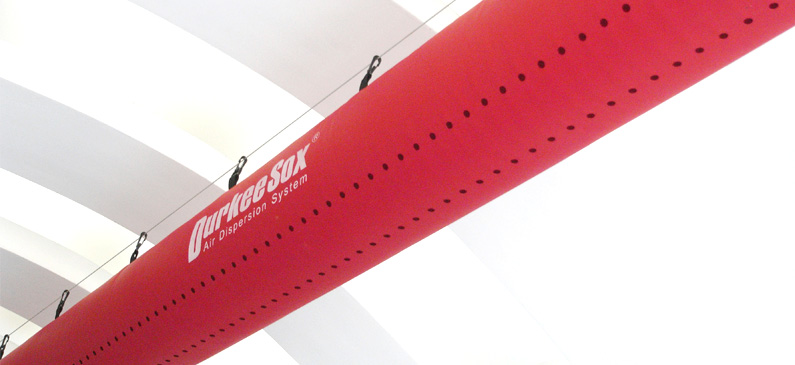
To fully understand the impact of non-rigid ducting, it is useful to compare it directly with rigid systems. Both approaches serve the same purpose—moving air effectively—but they deliver vastly different results in terms of efficiency, cost, and usability.
Feature | Non-Rigid Air Duct (Fabric Ducts) | Rigid Ductwork (Metal Ducts) |
Installation | Lightweight, quick, adaptable to various layouts | Heavy, labor-intensive, requires more time |
Air Distribution | Even and uniform, prevents hot/cold zones | Uneven in large spaces, prone to drafts |
Energy Efficiency | High, minimal leakage, insulation-friendly | Lower, more prone to leaks and energy loss |
Maintenance | Easy to clean, replace, and reuse | Difficult, costly, and disruptive |
Sustainability | Eco-friendly, supports low carbon initiatives | Resource-intensive, less environmentally efficient |
As a fabric duct manufacturer, Durkee® consistently ensures that its Non-rigid air duct systems offer tangible benefits over rigid ductwork, especially in applications like retail, manufacturing, sports arenas, and office environments where energy efficiency and indoor comfort are paramount.
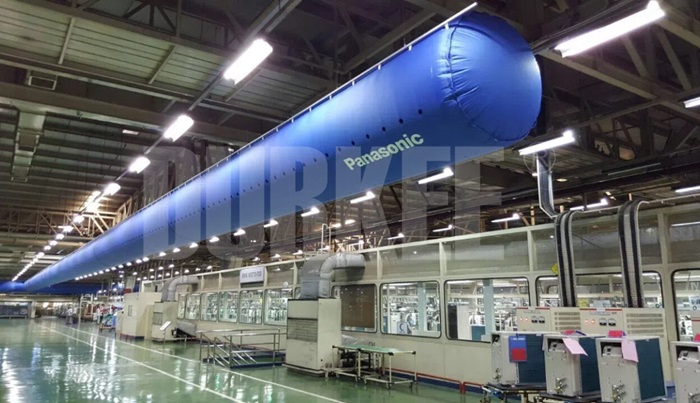
The shift from rigid to non-rigid ducting is not just a trend but a reflection of how the HVAC industry is evolving toward sustainability and efficiency. Companies and building operators increasingly prioritize systems that provide both performance and environmental benefits. Durkee®, with its expertise, global reach, and focus on innovation, is playing a pivotal role in shaping this future. By offering non-rigid air duct solutions through its Durkduct® brand, Durkee® empowers businesses to move beyond traditional rigid ductwork and embrace modern air distribution systems that deliver superior performance, reduce operational costs, and support a low-carbon future.
